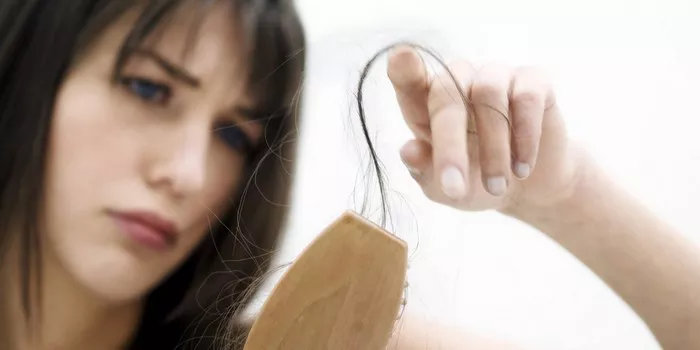For individuals living with lupus, the impact of this autoimmune disease extends beyond physical discomfort. Hair loss, a common symptom of lupus, can have a significant emotional and psychological toll. Coping with hair loss requires understanding the underlying causes and implementing effective strategies. In this article, we’ll delve into the world of hair loss in lupus patients and provide actionable steps to help manage and potentially prevent this challenging aspect of the condition.
Understanding Hair Loss in Lupus:
Hair loss, medically known as alopecia, is a distressing symptom experienced by many lupus patients. Lupus is an autoimmune disease where the immune system mistakenly attacks healthy tissues, including hair follicles. This immune response can lead to various degrees of hair thinning or even bald patches on the scalp.
Causes of Hair Loss in Lupus Patients
Hair loss in lupus (systemic lupus erythematosus or SLE) patients can result from multiple factors. Autoimmune activity directed against hair follicles can cause alopecia areata, leading to patchy hair loss. Additionally, chronic inflammation in lupus may disrupt the hair growth cycle, causing telogen effluvium, characterized by diffuse hair shedding. Scarring alopecia can occur due to immune attacks on hair follicles, resulting in permanent hair loss. Medications like immunosuppressants or steroids used to manage lupus can also contribute to hair thinning. Lupus-related hair loss is complex, involving immune responses, inflammation, and medications, necessitating personalized treatment approaches.
Steps to Address Hair Loss in Lupus Patients:
Here are some solutions for hair loss in people with lupus:
1. Consult with a Medical Professional:
If you’re experiencing hair loss due to lupus, it’s crucial to consult with a healthcare provider who specializes in autoimmune diseases. They can help determine the severity of your condition, identify contributing factors, and recommend appropriate treatment options.
2. Manage Lupus Symptoms:
Effectively managing your lupus symptoms can indirectly help alleviate hair loss. Following your prescribed medication regimen and making lifestyle adjustments, such as reducing stress and avoiding triggers, may have a positive impact on hair health.
3. Nourish Your Body:
A balanced diet rich in essential nutrients can support overall hair health. Focus on foods containing biotin, iron, zinc, and omega-3 fatty acids. These nutrients contribute to strong hair follicles and promote growth.
4. Gentle Hair Care:
Treat your hair and scalp with care to minimize additional stress on fragile hair. Use mild, sulfate-free shampoos and conditioners. Avoid excessive heat styling, tight hairstyles, and harsh chemicals that can further weaken hair.
5. Consider Topical Treatments:
Some topical treatments, such as minoxidil, may help stimulate hair regrowth. Discuss these options with your healthcare provider to determine if they’re suitable for your individual condition.
6. Wigs and Hair Accessories:
Wigs, scarves, and other hair accessories can provide both aesthetic and emotional support. These options allow you to experiment with different looks while boosting your self-confidence.
Preventing Hair Loss:
Here are some ways to prevent hair loss:
1. Early Intervention:
Detecting hair loss early can improve the effectiveness of interventions. Regularly monitor your scalp and hair for changes and consult with a medical professional at the first signs of hair thinning.
2. Follow Treatment Plans:
If your healthcare provider recommends specific treatments or medications to manage lupus, diligently follow their guidance. Addressing the root cause of hair loss can contribute to preserving hair health.
3. Stress Management:
Lupus-related stress can exacerbate hair loss. Engage in stress-reducing activities such as yoga, meditation, deep breathing exercises, and engaging hobbies to promote relaxation.
See Also: 7 Supplements Can Cause Hair Loss: A Full Guide
Conclusion:
Hair loss is a challenging aspect of lupus that can impact both physical appearance and emotional well-being. By understanding the underlying causes, seeking medical guidance, and adopting a holistic approach to managing lupus symptoms, you can take steps to address hair loss and its effects. Remember that you are not alone—many lupus patients share this experience. Embrace the support of loved ones and healthcare professionals as you navigate the journey to preserving your hair health and overall quality of life.
While hair loss can be distressing, it’s important to prioritize self-care and focus on managing your lupus symptoms. With the right strategies and a supportive network, you can face the challenges of hair loss with resilience and hope.


